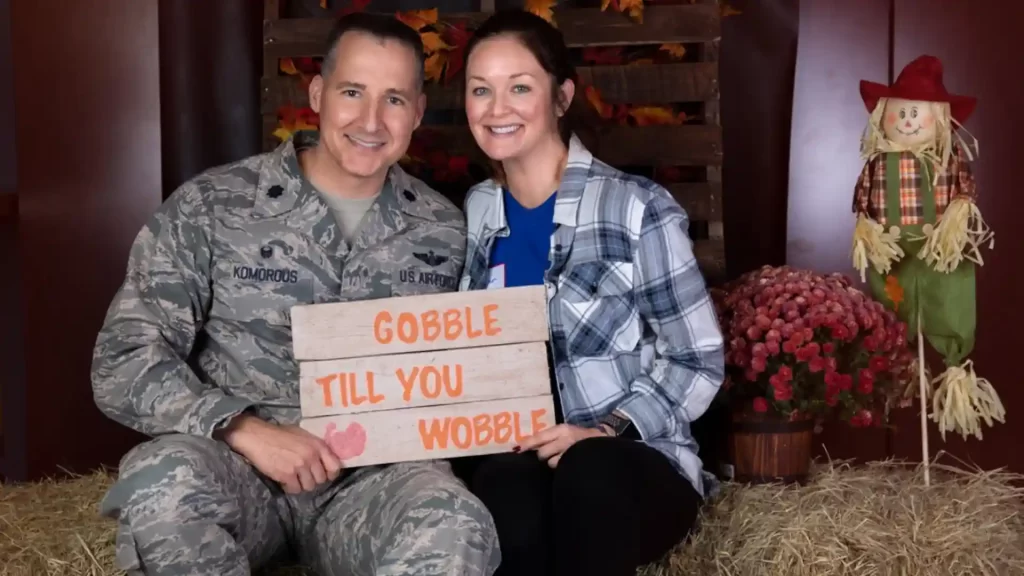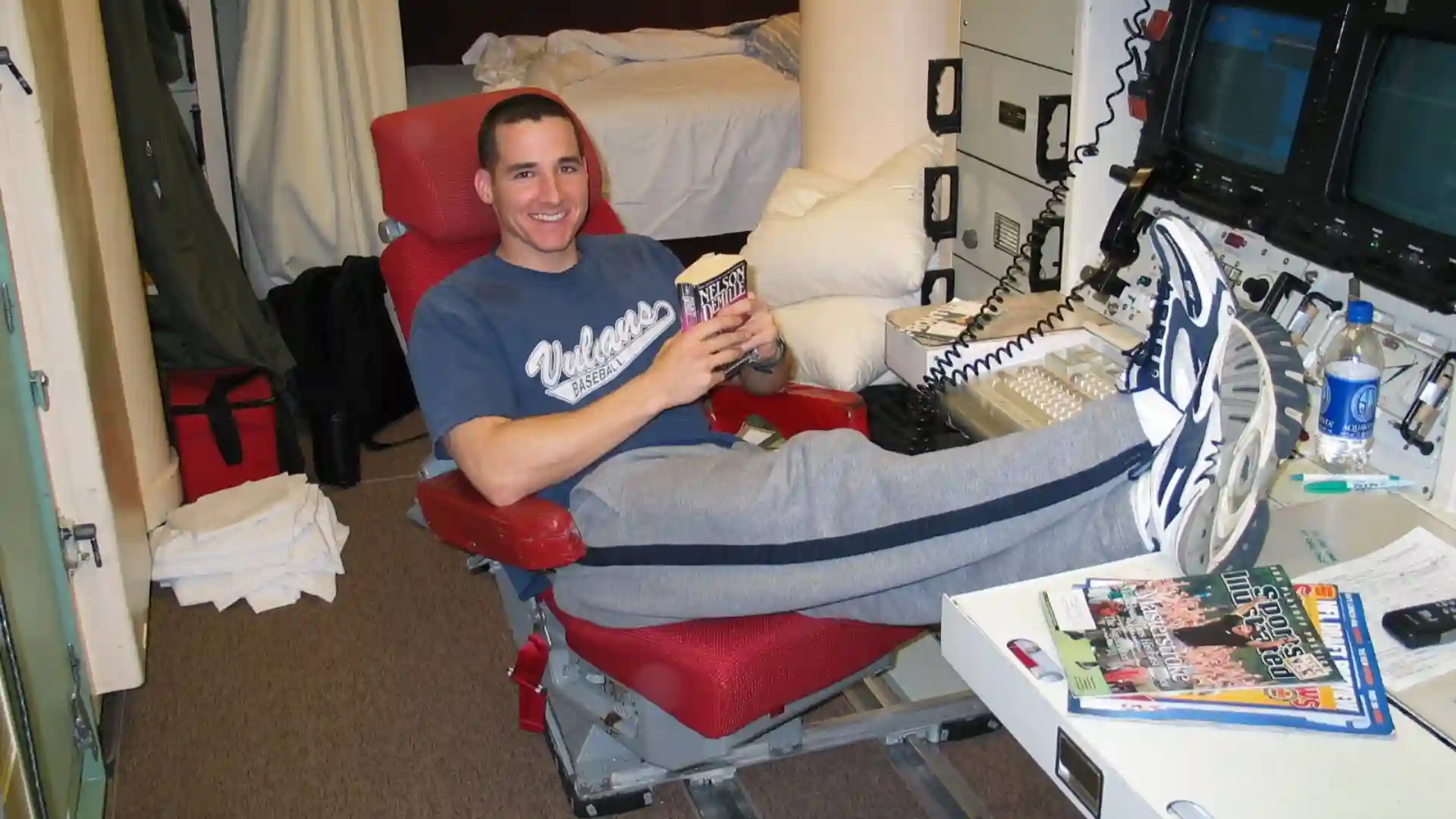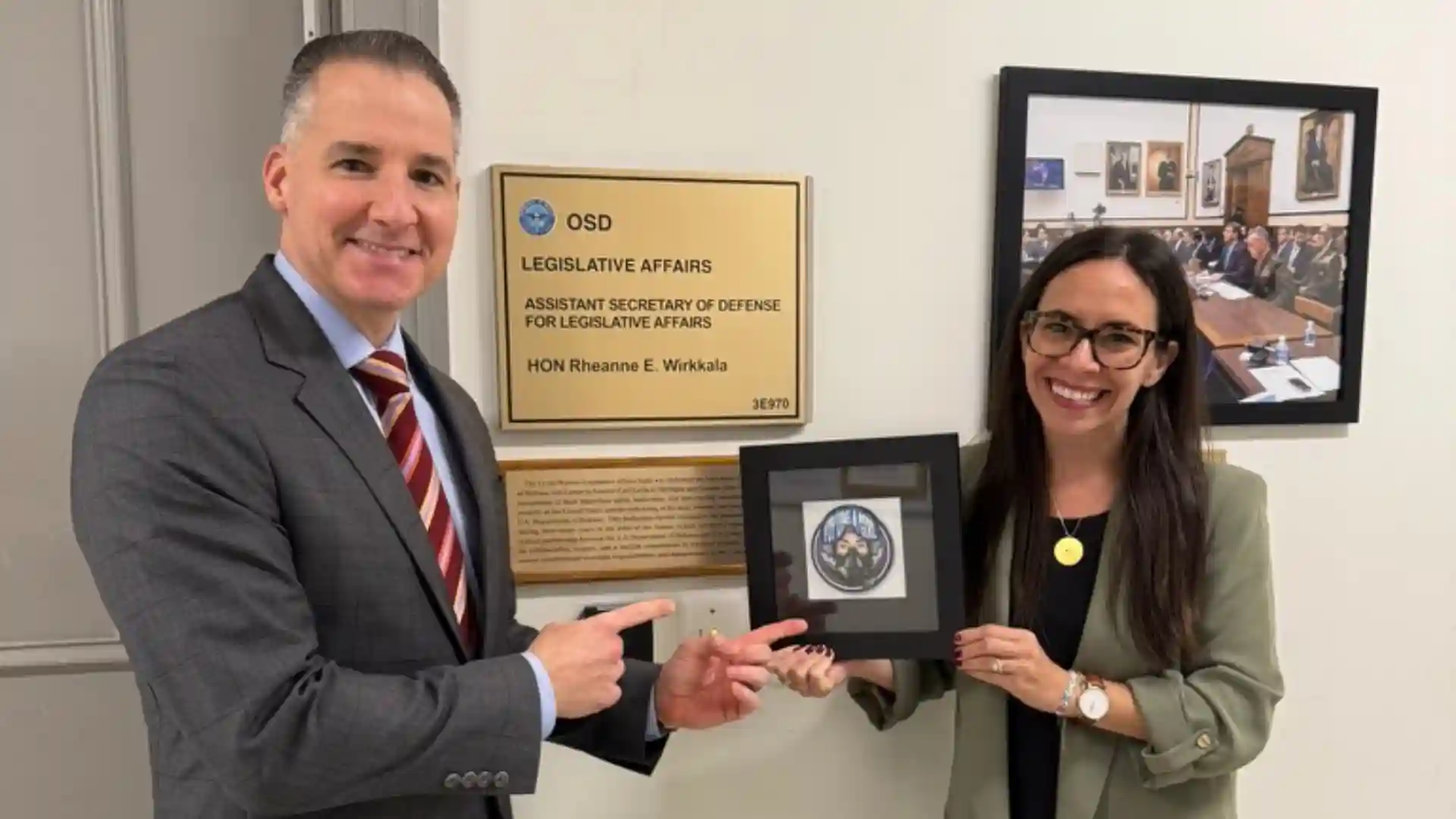The transition from military life to a civilian role is one of the most significant changes anyone can go through. It’s more than switching jobs; it’s stepping into a whole new mindset, communication style, and leadership culture. I’ve gone through this shift myself, and I’ll be honest: it wasn’t easy. I remember walking into my first civilian team meeting after years in uniform and realizing that the direct, mission-first style I’d relied on needed a serious overhaul.
Many veterans wonder how traits like discipline, decisiveness, and mission-driven focus translate in workplaces that are often less structured and more focused on collaboration. That’s where podcasts have become an unexpected but powerful tool. Through real stories and honest conversations, they offer veterans a way to learn, adapt, and lead again. One standout is the Voice for Valor podcast. It’s more than just a series of interviews; it’s a guide for navigating leadership after service, offering not only insights but a real sense of connection.
This article explores how podcasts, especially Voice for Valor, are helping veterans grow into impactful civilian leaders. You’ll hear how the stories empower, what lessons they offer, and how they’re reshaping the way we think about post-military life.
Table of Contents
ToggleVeteran Voices Leading the Way
Stories of Strength, Strategy, and Success
One of the best things about podcasts like Voice for Valor is how real they are. These aren’t scripted success stories. They’re raw, honest experiences from veterans who’ve dealt with identity shifts, career confusion, and moments of doubt — and came through stronger.
In one episode, a former Navy corpsman talks about moving into hospital administration. Sounds like a simple path, right? But his journey was anything but straight. Hearing him talk about his fears reminded me of when I tried to write my first civilian resume. I kept thinking, “How do I translate years of service into business language?” Stories like his hit home because they show the messy middle — and that’s what makes them powerful.
Podcasts don’t just tell us what to do. They help us see ourselves. They’re mirrors and maps. They help us feel less alone and more prepared for what’s ahead.
Lessons from the Frontlines to the Office Floor
Military leadership is often about giving clear orders, staying calm under pressure, and keeping the mission front and center. Those skills matter, but in the civilian world, leadership means working with emotions, listening more, and learning to influence without pulling rank.
On Voice for Valor, I heard a Marine talk about joining a tech startup where no one cared about titles. That reminded me of when I had to learn how to lead by listening instead of just directing. It was tough. At first, I confused silence with agreement. But once I learned to ask better questions and invite feedback, my team started responding.
Stories like these are essential. They help us learn to lead in new ways without losing the core values that shaped us.
Leadership Principles that Bridge Two Worlds
Military Discipline in Civilian Roles
Discipline is one of the first things civilians notice in veterans. We show up early, we deliver, and we stay focused. But leading well in civilian life means knowing when to stick to standards and when to flex.
Guests on Voice for Valor often talk about using their discipline to build systems, lead teams, and stay on track. At the same time, they talk about learning to adapt. That balance of consistency and empathy is what makes veterans stand out as leaders who can do more than just execute — they inspire.
I remember a time when a colleague asked why I was so rigid with timelines. It made me realize I hadn’t explained the “why” behind the plan. That simple conversation helped me shift from a taskmaster to a mentor.
Communication, Confidence, and Command
This is one of the toughest parts of the transition. In the military, our tone carries weight. In civilian life, communication is about collaboration. You need to read the room, adjust your tone, and build trust over time.
On Voice for Valor, a former Army captain shared how he struggled with this. He expected his team to respond like soldiers — but they didn’t. After some hard feedback, he adjusted. He listened more, softened his tone, and saw real change. I had a similar wake-up call early on, when a teammate told me I came off too intense in emails. That’s when I learned the value of empathy in communication.
These aren’t just stories. They’re playbooks for growth.
How Podcasts Support Leadership Transition
Mentorship Through Audio
Not every veteran has a mentor to lean on. Podcasts fill that gap. They’re like mentors in your pocket — ready when you are. Whether you’re commuting, working, or managing family life, you can plug in and learn from those who’ve walked the path.
What makes podcasts like Voice for Valor special is the tone. They don’t preach. They relate. They laugh. They share mistakes. And that makes the lessons stick.
Episodes often cover:
Rejection and how to bounce back
How to take feedback (without taking it personally)
Setting healthy boundaries and redefining your mission
I’ve had nights where a single episode gave me more insight than a dozen articles. That’s the power of shared stories.
Real Advice from Those Who’ve Done It
Every story is a chance to learn. What sets Voice for Valor apart is the range of voices. You hear from combat medics, legal officers, logistics pros, and more. Each one brings unique lessons.
And some of the best advice is the simplest:
Tailor your resume — don’t assume they understand military lingo
Reach out for informational interviews — most people are glad to help
Start building your network now — not later
I didn’t do that early on and missed opportunities. Hearing others share that same lesson helped me get back on track. In podcast form, these tips come alive — with tone, context, and encouragement.
Voice for Valor: A Standout Among Veteran Podcasts
Among the many veteran-focused shows, Voice for Valor hits different. It’s not just about jobs. It’s about identity, growth, and community.
You’ll hear:
In-depth talks with veterans turned leaders
HR pros sharing how they support veteran hires
Enlisted and officer perspectives
Topics like mental health and long-term purpose
What I love most is the tone. It’s not stiff or corporate. It feels like a coffee chat with someone who gets it. Whether you’re fresh out or years into civilian life, each episode feels like a friendly check-in.
Podcast Recommendations for Leadership Transition
While Voice for Valor is a must-listen, here are other solid choices:
Veteran on the Move – Focused on entrepreneurship
Beyond the Uniform – Career options beyond the obvious
Mentors for Military – Honest takes on post-service life
Combat to Corporate – Executive-level strategy tips
Warrior to Workplace – Deep dives into personal growth
Tuning into more than one show helps you build a broader picture and stay motivated.
The Broader Impact of Podcasting Culture
Podcasts do more than educate — they build culture. They shift how veterans see themselves and how others see us. By sharing stories, they make the invisible visible.
They also build community. I’ve seen podcast episodes spark real-life conversations in forums and events. That shared experience reminds us: we’re not alone. We’re moving forward together.
Conclusion
The shift from military to civilian leadership isn’t a finish line — it’s a journey. Like any mission, it takes good intel, strong support, and a strategy. Podcasts offer all three.
Voice for Valor is more than a podcast. It’s a companion, a coach, and a reminder that we’re still on a mission — just in a different uniform. These stories aren’t just about work. They’re about purpose, growth, and serving again in new ways.







